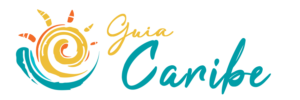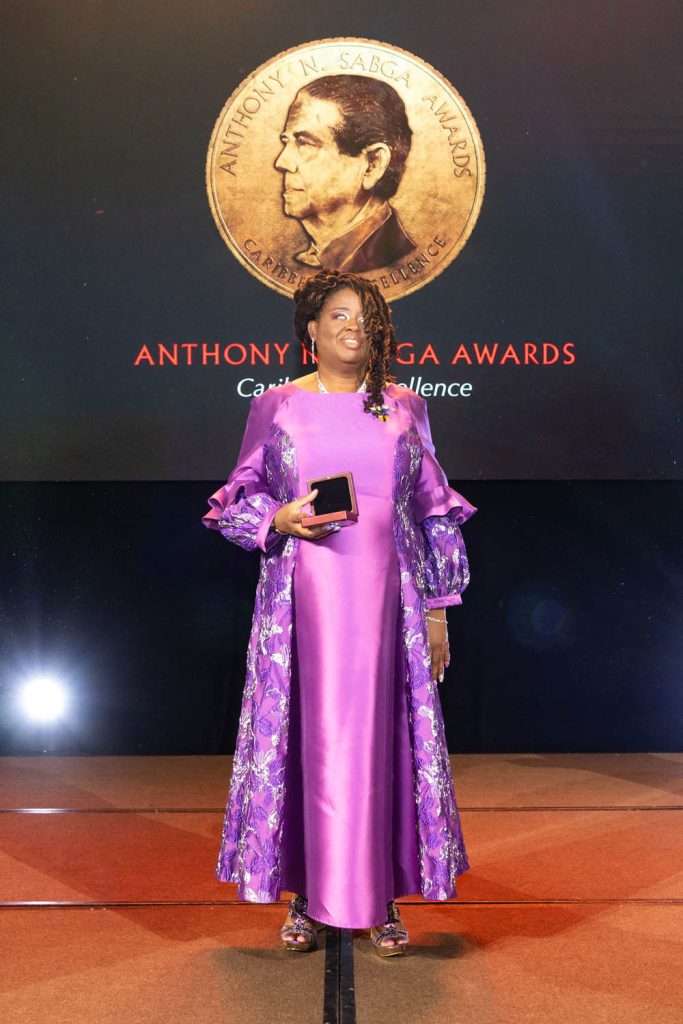My disability is a blessing on most days because it’s made me who I am. I choose it to be one. People think disabilities are a curse and get depressed because they think it’ll keep them back. The only thing that keeps me back is me. Simultaneously, I’m not so blasé to think that there aren’t barriers out there.
The World Health Organisation estimated that 15% of every population has disabilities. Let’s round it down to 10%. Say you live on a tiny island with 100 children and 10 have a form of disability, but you only have a limited amount of money and can only educate 50 of the non-disabled, because to educate the disabled costs more (extra training for the teacher, equipment, and infrastructure). That’s the reality. Does it mean those children don’t deserve all those things? Not at all.
On a recent trip to Kenya, I met university professors who were deaf, who were autistic, who were blind. Imagine if they didn’t have an opportunity for higher education. These amazing people wouldn’t have been able to make contributions to their communities. Apart from the fact that they’re disability activists or advocates, they make everyday contributions. What if they weren’t given the opportunity?
The challenge is: we need to recognise persons with disabilities don’t need to be exceptional to be given the right to be included. I understand the economics and practicalities of it, but we need to start from the inclusive. If you have a ramp, does that stop someone who is fully ambulatory from getting into the building? No. But if you have only stairs, it prevents people with mobility challenges from accessing it.
All persons with disabilities need a space in which they can develop their full potential. That’s the legacy I want to leave
For persons with a hearing impediment, when Zoom introduced American Sign Language (ASL) and captioning — it’s not great but it’s there — does it mean that if I’m planning an event that I should rely on Zoom’s artificial intelligence (AI) to provide you with all your needs? No.
But at the very least, everybody should turn it on because the hearing impaired have the right to join any meeting or webinar. Captioning shouldn’t be foreign to anyone putting it on — it should be second nature. That’s the start. Then, these hearing-impaired persons can attend every meeting or webinar.
The norm is to start with at least the basic considerations, and that’s where we need to get our societies to. If you’re having a Carnival fete, make sure persons with disabilities can enjoy it, too. There are ways to make these things enjoyable. Accept that there’re persons with disabilities that may wish to come to your fete. Even if none turn up, at least if they attend there’s a space or area they can retreat to.
Last September, top Barbados secondary school Harrison College — it hurts me to say this — welcomed its first totally blind student and I helped him learn how to use the computer. I measure my triumphs when I see things like that: when the first totally blind attorney-at-law in the Caribbean passed through my hands; when I see that there are programmes for persons with disabilities.
In July, the Barbados Council for the Disabled brought to conclusion the first “My Inclusive School” competition, where schools were invited to make their school more inclusive to the disabled. I measure my achievements on those things.
As Vice-Chair of the Commonwealth Disabled People’s Forum, we have the Disability Inclusivity Action Plan, which we are encouraging Commonwealth governments to support so they have a more inclusive approach to disabilities with their various projects and programmes. That’s the next major international effort I’d like to see implemented. It’s tedious trying to get 56 countries to sign on to one thing!
Despite this, I think disability awareness in the Caribbean is getting better. St Kitts has a ministry specifically to deal with disabilities, though it may not be the only thing they deal with. Barbados has the National Disabilities Unit, which is a government agency under the Ministry of People Empowerment & Elder Affairs.
My disability doesn’t diminish me as a person. I have the same dreams and aspirations as any other 50-year-old woman
The Caribbean Court of Justice this year disseminated guidelines on how legal officers should treat the issue of disabilities in the court. Barbados, Trinidad, and St Vincent have legislation pending for the rights of persons with disabilities. Also, in July, the Central Bank of Barbados launched Marketing Conduct Guidelines, and it included that banks must offer more services to persons with disabilities.
All of that is wonderful, but we still have way too many instances where persons with disabilities have to beg for equal treatment; where persons still behave like they’re doing us a favour as opposed to fulfilling our rights; where governments don’t ensure that persons with disabilities can be contributing members of their societies.
People still see us as service recipients, as objects, as subjects. They see us as passive recipients. They don’t see us as actively engaged. Banks with smart Automatic Banking Machines (ABM/ATM) exist, yet in Barbados there isn’t one ABM that I can use independently. Persons with disabilities still have to fight to be included.
Living with a disability is a challenge every single day. It is a challenge when things that are small and simple for others are a major frustration for us, and for me just because I can’t see … like when my cat leaves the house without asking and then I have to spend 10 minutes looking for her and she’s just sitting there in the middle of the floor keeping extremely quiet laughing at me. That’s one of the funnier ones, but there are other frustrations that we deal with daily.
We are still considered by the average person as a whole host of things we should not be, but awareness has grown tremendously and we’re at a stage of integration. What we really need to be in is a stage of inclusion, and inclusion and integration are two different things. They’re not interchangeable either.
My perception about disabled people changed as I grew and spent time around other fights. Sometimes people with disabilities treat the sighted and able-bodied around them as the feet they don’t have, hands they can’t use, lips that can’t speak and eyes that can’t see. But there’s more to them than that; there’s also way more to us. All of it is a complimentary package. Stop focussing on the one or 10 things that are challenging, and start recognising there are lots of other things you can do.
My disability doesn’t diminish me as a person. I have the same dreams and aspirations as any other 50-year-old woman. All persons with disabilities need a space in which they can develop their full potential. That’s the legacy I want to leave.
I was the first totally blind woman in the Senate of Barbados; the first blind person to serve as Deputy President and President — first female and youngest person. I was 38 then, and I am a fabulous 50 now
Some days I wake up and I don’t feel like doing the fight anymore. Sometimes I really wish that I didn’t have to do this daily. Then there are other days when I couldn’t imagine my life without this. It’s a tiring and tireless fight.
I’ve been told that I’m intimidating and hence I’ll always be single. I’ve been told I’m funny by Prime Minister Mia Mottley; I’ve been told I’m intelligent; I’ve been told that I have a mischievous smile. I like to think of myself as being me.
I was the first totally blind woman in the Senate of Barbados (there was a blind male before me). I was the first blind person to serve as Deputy President and President — first female President and youngest person in that capacity. I was 38 then, and I am a fabulous 50 now.
I’ve travelled the length and breadth of the Caribbean too. I went to Kenya and went alone, in the sense that I didn’t take a personal aide. I have that right. I don’t need anyone throwing me in a wheelchair, I don’t need people telling me that I can’t fly because I’m blind. I am not the pilot. By the way, I met a blind pilot. Miles Hilton-Barber flew solo from the United Kingdom to Sydney. Look him up.
I get out of bed to tackle whatever is in front of me today to make better for tomorrow. So, to be recognised by the prestigious Anthony N Sabga Awards for Caribbean Excellence this year and receiving the Order of Freedom of Barbados last year means that somebody else took time to pay attention to the things that I do, and it gives me the opportunity to reflect on what my life has done.
There is a saying in disability community: “nothing about us without us”. But the late Genie Newman had a saying that I adopted: “nothing without us”. I get frustrated when people tell me I’m an inspiration. I don’t consider myself exceptional at anything, but a lot of people say that I am because people have low expectations. I sometimes wonder what will happen when the people realise that I’m just an ordinary person.

